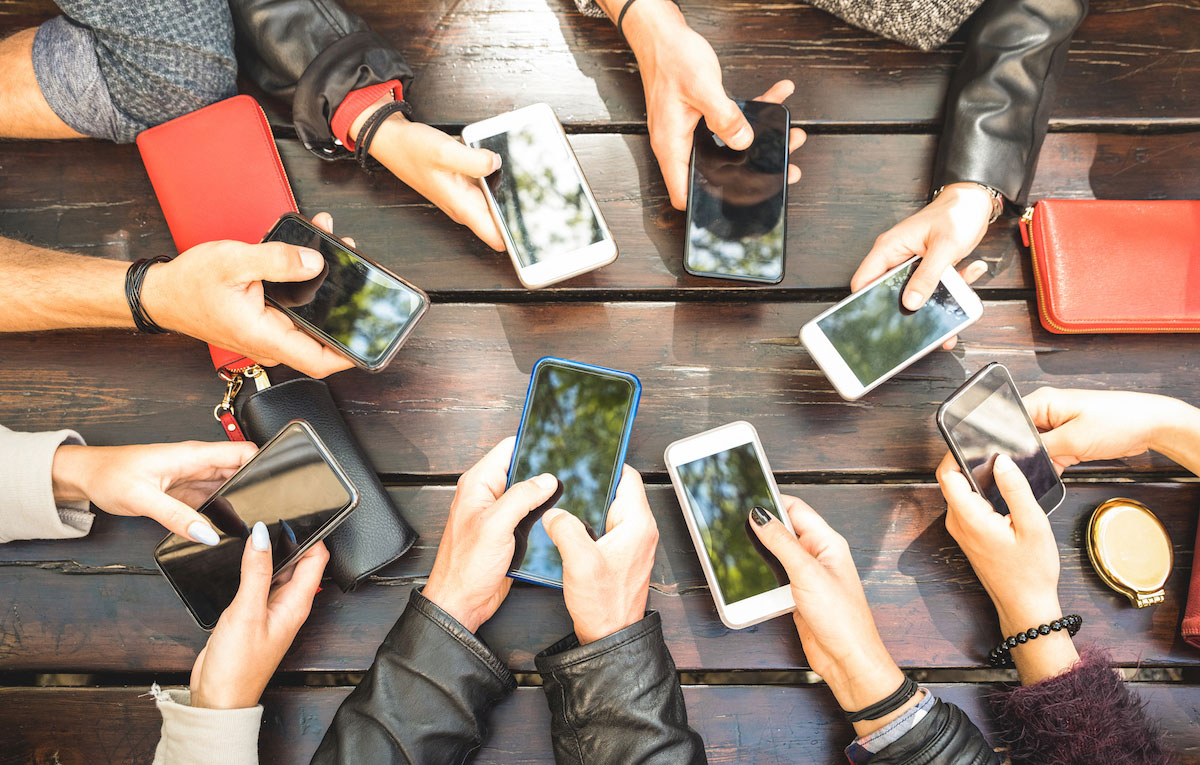In the wake of accusations by Facebook whistleblower Frances Haugen that social media platforms like Instagram can leave lasting negative effects on teenagers, a Hartford HealthCare Behavioral Health Network (BHN) leader explained its permanent impact on young brains.
Haugen blasted Facebook and Instagram leaders for creating an environment in which content can demean and depress youth, but Dr. Paul Weigle, associate medical director of ambulatory programs at Natchaug Hospital, part of the BHN, said it’s not only the content they consume but the time teens spend scrolling through social media feeds that is detrimental to their brain health.
“The teen brain is not growing, it’s actually shrinking but it’s becoming more efficient,” he said in a recent interview on CNN. “If social media starts to displace other activities, it could leave a permanent mark. For instance, if a young person isn’t engaging in certain activities sufficiently – social activities, developing musical talent or reading – these parts of the brain tend to wither and are destroyed so they can never truly be regained.”
In an electronically-driven world, Dr. Weigle noted that it might be impossible to strip social media from teens but parents can and should set guidelines that include unplugged time spans. The part of the brain controlling sound decision-making and judgment, he added, is still developing in teenagers so that many are unable to regulate their use.
“Teens are also driven by the promise of something exciting happening or connecting with someone in a really positive way on social media,” he said. “These things don’t happen often but they could happen at any moment. It is not unlike a gambler who’s playing a slot machine over and over again because you never know when that next pull could hit the jackpot.”
When they do take social media breaks, teens report enjoying time doing other activities or connecting with people in person, he said, adding that he believes companies like Facebook should put safeguards in place that encourage people of all ages to take breaks.
“While teenagers are especially vulnerable to the negative feelings that can stem from social media interactions and scrolling, it would be beneficial to all of us to put the devices down and return to the real world for significant blocks of time each day,” Dr. Weigle said.



